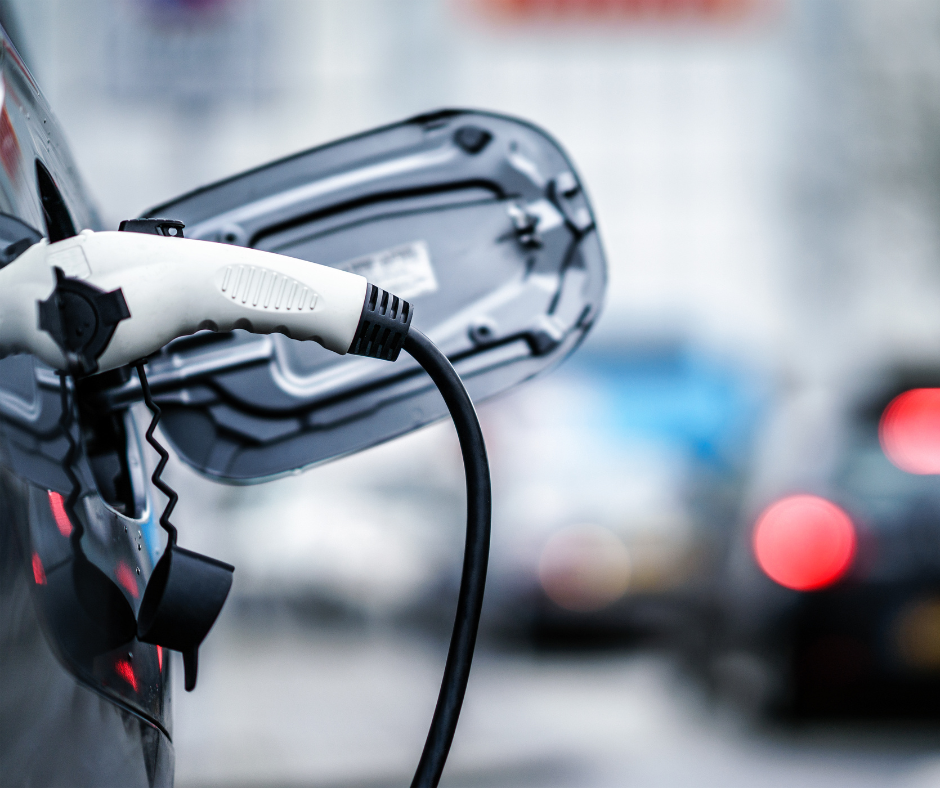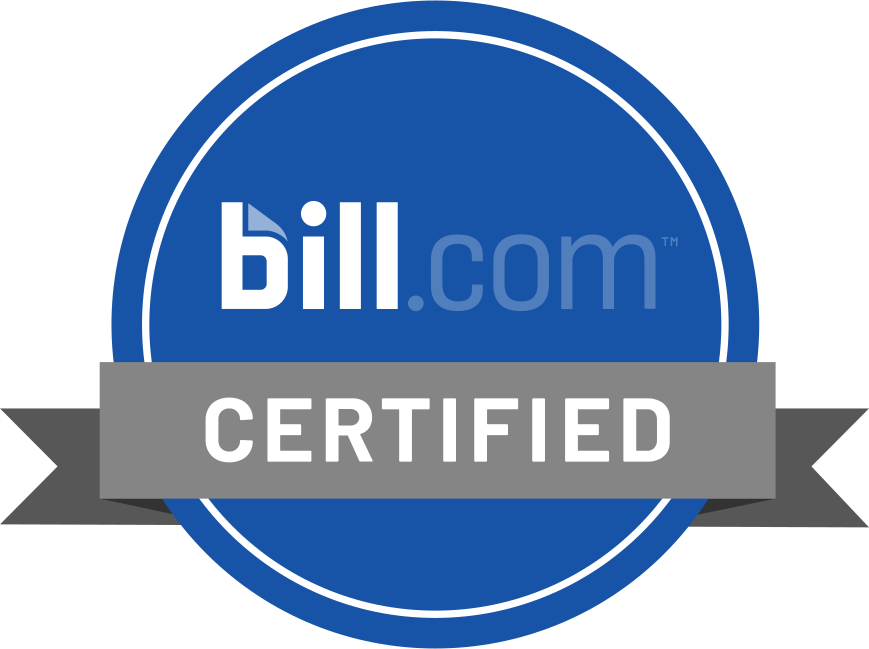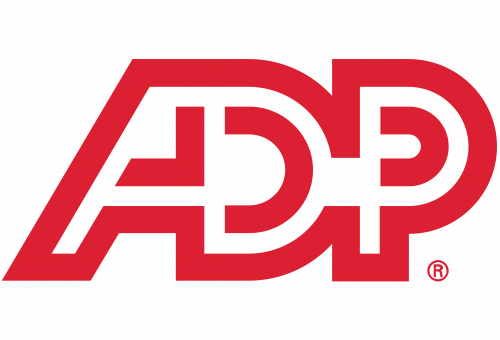Tax Credit Changes for EV Vehicles & Charging Stations
Considering an electric vehicle for personal use or business? We suggest you buy before September 30, 2025. A new federal tax law— the One Big Beautiful Bill Act, signed on July 4, 2025— makes significant changes to the current clean energy tax incentives. If you already have one, it also is making a change to the EV Charger Tax Credit.

For vehicles placed in service after September 30, 2025, the following three electric vehicle (EV) tax credits are being eliminated:
Section 45W – Commercial Clean Vehicle Credit
- Offers up to $7,500 for light commercial EVs and up to $40,000 for larger vehicles, depending on how they compare to gas-powered alternatives.
Section 30D – New Clean Vehicle Credit
- Provides up to $7,500 for qualifying new EV purchases, subject to requirements like U.S. sourcing for critical minerals and battery components.
Section 25E – Previously Owned Clean Vehicle Credit
- Provides a credit of up to $4,000 (or 30% of the sale price) for eligible used electric vehicles.
What does this mean for you?
The new law sets a hard cutoff date: vehicles must be placed in service by September 30, 2025 to qualify for these credits. After that, the credits will no longer be available.
Important Update on EV Charger Tax Credit
In addition to the changes affecting electric vehicle tax credits, the One Big Beautiful Bill Act also shortens the timeline for the Alternative Fuel Vehicle Refueling Property Credit—the tax credit for installing EV charging equipment at your home or business. This tax credit was set to expire on December 31, 2032, but will now sunset on June 30, 2026.
This means individuals and businesses planning to install electric vehicle chargers should do so well before mid-2026 to take advantage of the available tax benefit.
Please note that while it's possible that future legislation could introduce new incentives, our firm cannot predict what changes may occur—or when. For now, the current law sets a clear deadline, and delaying action could mean missing out on valuable tax savings.








